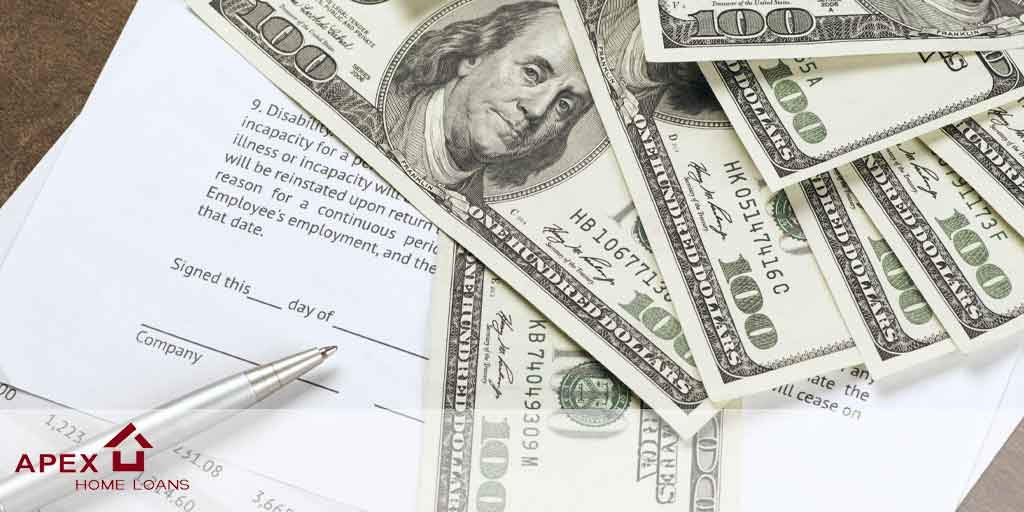Posted by Jeff Modeski (NMLS ID #217558) ● November 10, 2015
Why Are My Closing Costs Higher Than I Anticipated?

Everyone appreciates the advantages of owning a home: you enjoy tax benefits, you can decorate and customize however you like, and you become part of the community once you’re settled. However, when it comes to the home buying process, there’s one thing nobody likes: surprises. Partnering with someone you trust and who knows the local market will absolutely reduce the chances of unexpected events, but if you are further along in the process and your closing costs are more than you expected, here are three possible reasons why.
-
Points
Has your lender included points on your new estimate? Points, as they are known in the mortgage industry, are pre-paid interest. These allow you to obtain a lower interest rate over the life of your loan by pre-paying some of your interest cost up-front. Paying these up-front costs is completely up to you, the buyer, and depending on the circumstances, points may be tax-deductible.
What your lender should be analyzing for you is your break-even point by paying points. Since points afford you a lower interest rate, you will save more on your monthly payments—but the question is how long into your loan term those savings will outweigh the cost of investing in points. If you know to a great degree of certainty that you will keep the same house and the same mortgage for an extended period of time, points may make sense for you. However, if an unforeseen circumstance such as a job transfer necessitates vacating your mortgage, or if rates drop and refinancing your mortgage makes sense for you financially, you may not reach your break-even point and as a result, you may lose the money you invested on points. Consult your Mortgage Originator for details on points. -
Real Estate Taxes
Are the real estate taxes on your chosen property higher than what you and your lender originally estimated? Real estate taxes are part of your escrow account, which is a subcategory of your closing costs. All properties come with a unique annual real estate tax bill. If the real estate tax bill that comes with your property is higher than what you and your lender originally estimated, then your closing costs will be higher as a result.
One possible reason that a house would have a higher tax bill is if it is assessed at a higher amount than your contract price. A higher assessed value will always come with a higher annual tax bill because the county is valuing your property at a greater amount than what you and your seller have agreed upon. -
Transfer Taxes
Is the home that you have chosen a bank-owned property? It is customary in Maryland to split your transfer taxes 50/50 with the seller. Transfer taxes are the fees that are charged by the county in which you are buying to transfer the title from the current owner to you, the new owner.
When you buy a house that is currently owned by a bank, the bank doesn’t normally pay the seller’s 50 percent of the transfer tax. If this is the case, you would need to pay 100% of the transfer tax, and this would cause your closing costs to be higher than expected.
Your lender should provide you with a loan estimate, but keep in mind it’s exactly that – an estimate of what to expect. The government allows some of these fees to be higher than estimated on the day of settlement. You want to choose a lender who is experienced, knows the local market, and someone that makes you feel confident that the estimated fees are accurate to the best of their knowledge.
Have more questions about closing costs? Leave a message or shoot me an email.
Topics: Closing Costs, Buying a Home



